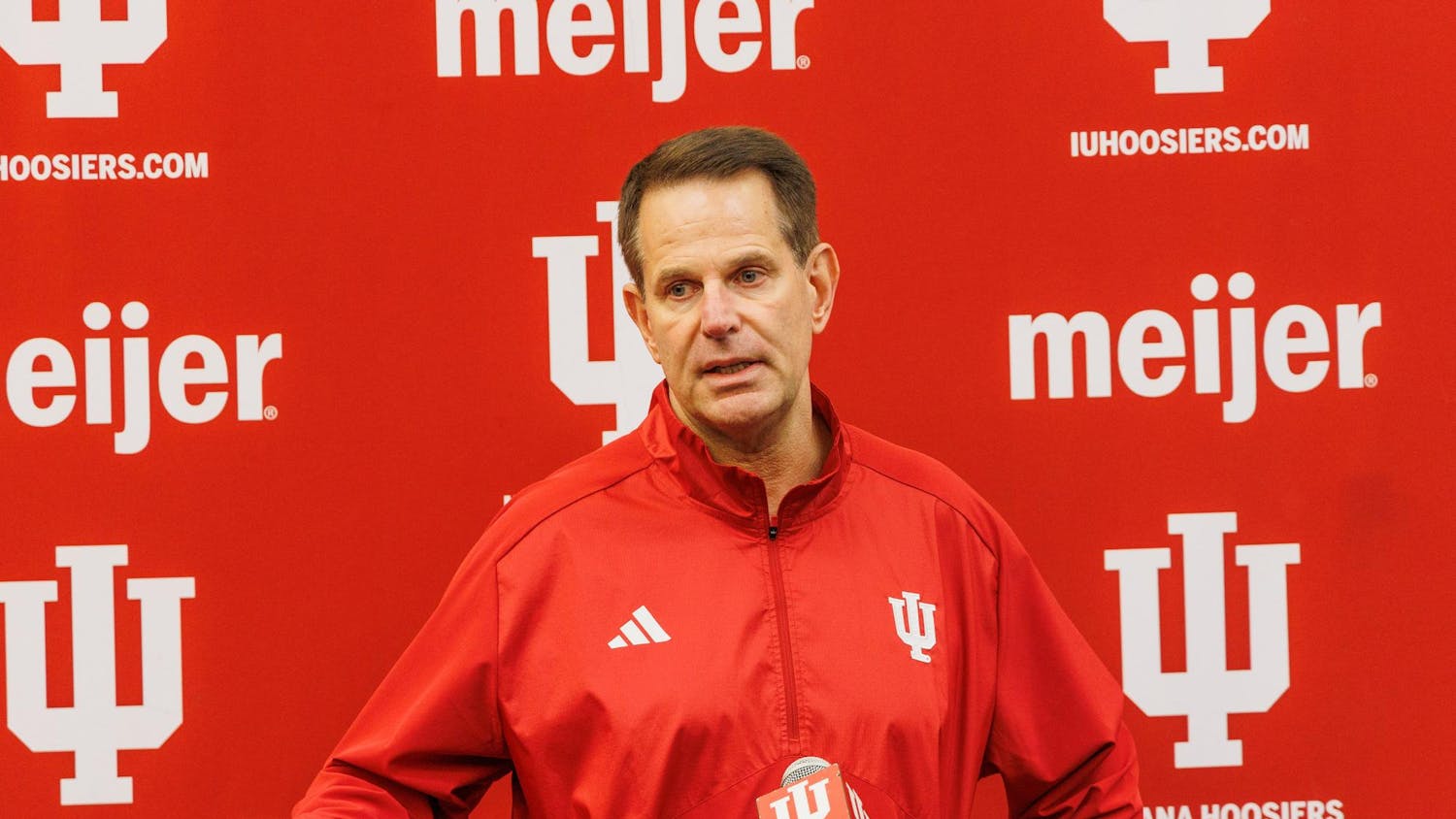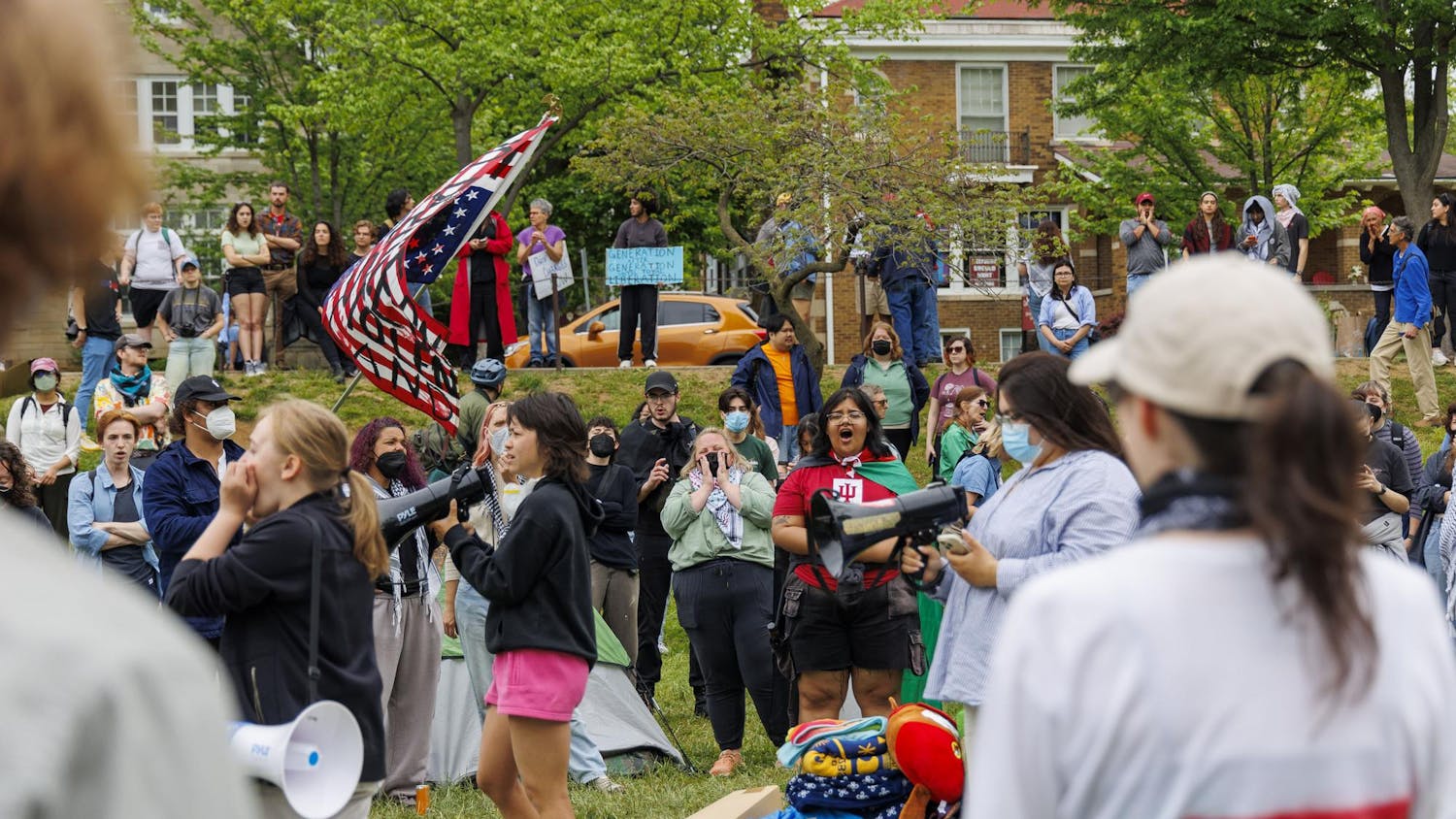A new course looks to explore why women in video games are over-sexualized, men are hyper-masculinized and all Asian people seem to be ninjas. Professor Konrad Budziszewski looks to shine light on these issues, in addition to the ongoing debate of whether video games make us more violent in C337: "Games, Gamers, Gaming Culture." The course will be offered for the first time in the second summer session through the Department of Communication and Culture.\nStudents will not receive lessons in game design or get credit for playing Xbox but will instead be involved in a critical exploration of the relationship between games and gamers and the way the content of these games affects us as a society.\nVideo games are a major force in the entertainment industry, taking in more than $7 billion a year, according to the Entertainment Software Association. Budziszewski argues that it's time to study games the way people study film and television.\n"Fifty or 60 years ago people thought it was pointless to study film," Budziszewski said. "Now people are making the same point about video games, but I think it's an important part of American culture." \nThe course looks to explore the way gender and sexuality are presented and will also examine the gamers themselves.\n"Half of (all) Americans play video or computer games, and it's not just kids' stuff anymore," Budziszewski said. "The average age for a gamer is over 30, and it's time we look at who's playing what games and what it means about our society." \nA 2001 study titled "Fair Play? Violence, Gender and Race in Video Games" showed the extent of stereotyping in games. Eighty-six percent of heroes were white males, and seven out of 10 Asian characters were fighters or wrestlers. White female characters outnumbered females of every other racial group combined, and when black women were in games, they were victims of violence twice as often, according to the study. For more than a decade, there has been debate about whether the violence in video games such as "Mortal Kombat" and "Grand Theft Auto" breeds more violence. The course will explore both sides of the argument. \nIn 2004, an 18-year-old blamed "Grand Theft Auto" for his crime spree, during which he shot two policemen and a dispatcher before stealing a patrol car, according to a story on "60 Minutes" in March 2005. \nBudziszewski said he personally doesn't believe violence in games would make someone act out violently but acknowledged they probably do make some difference. Numerous court battles and studies have gone back and forth on the issue.\n"Do video games makes us more violent?" Budziszewski asked. "Hell, who knows? We can't answer all the questions, but we can see how those arguments have played out."\nThe class meets every weekday morning, with a film screening every Monday night. Screenings will include documentaries on games, news clips of violence blamed on violent games, and portions of movies based on games.\n"I have a lot of ideas for the class," Budziszewski said. "I'm excited to see what the students bring to discussion. I'm really looking forward to it"
Course examines video game culture
Stereotypes, gamers to be explored in class
Get stories like this in your inbox
Subscribe





